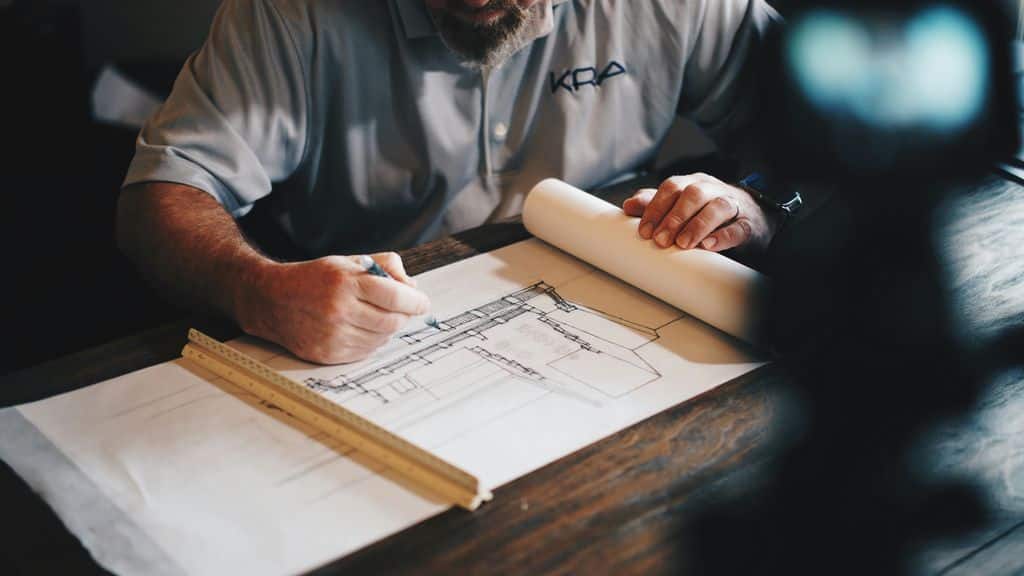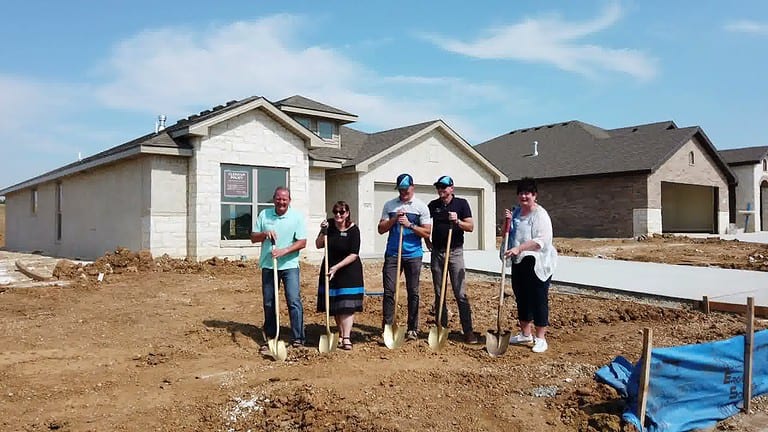Foundations of Investment: Pros and Cons of Buying New Construction versus Resale Homes
When it comes to buying a home, the decision between new construction and resale homes is a crucial one. Each option comes with its own set of advantages and disadvantages, and understanding them is essential for making an informed choice. In this article, we will explore the key factors to consider when deciding between new construction and resale homes, including comparative cost analysis, financing considerations, and builder engagement. Let’s dive in and examine the pros and cons of each option.
Key Takeaways
- New construction offers the benefit of owning a brand-new property with modern materials and fixtures, and it is typically warrantied for the first 10 years.
- Resale homes allow buyers to inspect the property and observe its performance before purchase, providing a clear understanding of what they are buying.
- Comparative cost analysis is essential for evaluating the financial implications of new construction versus resale homes, including upfront costs, long-term maintenance, and potential appreciation.
- Builder engagement and inquiries are important for new construction, allowing buyers to be part of the design and decision-making process and ensuring clear communication with the builder.
New Construction vs. Resale Homes
Advantages of New Construction
One of the most compelling advantages of new construction is the allure of a brand-new home. Everything from the appliances to the fixtures is untouched and in pristine condition, ensuring that the buyer is the first to make their mark. This freshness extends to the use of modern materials and the latest trends in home design, which can offer a sense of contemporary living that resale homes may not provide.
- Customization: Buyers often have the opportunity to be involved in the design and decision-making process, tailoring the home to their preferences.
- Low Maintenance: All-new appliances, fixtures, and materials makes the likelihood of needing a major repair (such as an HVAC replacement, foundation repair, etc) substantially lower.
- Warranty: Builders usually offer warranties that cover defects and repairs, adding an extra layer of security for the homeowner.
The flexibility in timing and the low maintenance nature of new constructions make them an attractive option, especially during a seller’s market where options may be limited.
Moreover, new construction homes can be a boon during a heavy seller’s market, providing more options when inventory is low. The process of buying new construction can also be less stressful, as there is no bidding war or need to move in immediately, which is often the case with resale homes.
Disadvantages of New Construction
While new construction homes offer the allure of modern amenities and design, they come with their own set of challenges. One significant drawback is the longer timeline for completion. For those with a pressing need to move, the wait of three to nine months—or potentially longer if customizing the home—can be a major inconvenience. Builders may have “spec” inventory – completed homes that are ready to move in – but selections are generally already made, so buyers don’t get the same customization ability they otherwise would.
Another concern is the higher initial cost. New construction homes often command a premium due to the use of new materials and the current market conditions. As of November 2023, the median sale price for new construction was $434,700, with an average sale price of $488,900, reflecting the increased expenses associated with new builds.
The decision to buy new construction should be weighed carefully against these financial and temporal considerations to ensure it aligns with one’s housing needs and timeline.
Furthermore, potential buyers should be aware of the following disadvantages:
- Limited negotiation power due to builder’s pricing policies
- Potential for delays and unforeseen costs
- The risk of moving into a new community with ongoing construction
- Less room for immediate customization if not part of the design process from the start
Comparative Cost Analysis
When considering the costs of new construction versus resale homes, it’s essential to look beyond the sticker price. New constructions may come with additional expenses that are not immediately apparent, such as the need to purchase appliances or landscaping which are often included in resale homes.
- New Construction: May include costs for upgrades, customization, and potential homeowner association (HOA) fees.
- Resale Homes: Might have lower initial costs but could require maintenance or renovation expenses.
It’s crucial to factor in the long-term value and potential for appreciation. New constructions can offer modern designs and energy efficiencies that may lead to savings over time, while resale homes can offer charm and established neighborhoods.
Understanding the full scope of expenses is key to making an informed decision. Here’s a simplified cost comparison based on average market prices:
| Home Type | Initial Cost | Additional Expenses | Total Estimated Cost |
|---|---|---|---|
| New Construction | $1,300,000 | $50,000 | $1,350,000 |
| Resale Home | $1,200,000 | $30,000 | $1,230,000 |
Remember, these figures are illustrative and will vary based on location, market conditions, and the specifics of each property.
Financing Considerations
When considering the purchase of a new construction home, engaging with builders is a critical step. Builders often offer financing options that may seem attractive, particularly for the construction phase. However, it’s essential to understand that such financing might require refinancing once the construction is complete. This could introduce additional complexity and cost to the process.
It is crucial to conduct thorough research to determine which financing option aligns best with your financial situation and long-term goals.
Here are some questions to consider when evaluating builder financing:
- Have you compared the rates and terms offered by the builder’s preferred lenders with other financing sources?
- Are you prepared for the possibility of refinancing after construction, and do you understand the implications?
- Does the builder’s financing offer any unique advantages or incentives that are not available through traditional lenders?
Remember, the cheapest rates may not always equate to the best value. Builders must comply with local building codes, but quality and reliability can vary, which can impact your investment in the long run.
Builder Engagement and Inquiries
Engaging with a builder before committing to a new construction home is a critical step in the home buying process. It is essential to assess the builder’s reputation and the quality of their work. Prospective homeowners should review the builder’s past developments and check for any common issues related to the area, such as weather conditions or material availability.
When considering a builder, it’s important to not only look at their portfolio but also to understand how they interact with clients post-sale. A builder’s willingness to address and resolve any post-closing issues is a strong indicator of their commitment to customer satisfaction.
Here are some key questions to ask your potential builder:
- What are the common issues with building a home in this area?
- Can you provide examples of previous developments?
- How do you communicate with and support homeowners after closing?
Remember, a proactive approach can lead to a more informed decision and a better home buying experience.
Conclusion
In conclusion, the decision to buy a new construction or resale home comes with its own set of advantages and disadvantages. New construction offers the appeal of modern materials, new appliances, and pristine condition, making it a low-maintenance and flexible option for both seasoned homeowners and first-time buyers. On the other hand, resale homes provide the benefit of owning property with a proven track record and the ability to inspect its performance before purchase. It’s important for homebuyers to carefully consider their preferences, budget, and market conditions before making a decision.
Frequently Asked Questions
What are the advantages of buying new construction homes?
The advantages of buying new construction homes include everything being brand-new, modern materials and appliances, pristine condition, and typically maintenance-free for the first 10 years.
What are the disadvantages of buying new construction homes?
The disadvantages of buying new construction homes include potential drawbacks such as higher costs, longer construction timelines, and the possibility of unexpected issues during the building process.
How does the cost of new construction homes compare to resale homes?
The cost of new construction homes is typically higher than resale homes due to the modern features and materials, but the long-term maintenance costs may be lower.
What are the financing considerations for new-construction homes?
Financing considerations for new-construction homes include understanding construction loans, budgeting for potential delays, and securing a mortgage that aligns with the construction timeline.
What inquiries should be made when engaging with a builder for new construction?
When engaging with a builder for new construction, it’s important to inquire about their experience, previous projects, warranties, construction timeline, and any customization options available.
Is it cheaper to buy new construction homes than existing homes?
New construction homes are generally more expensive upfront, but they may have lower long-term maintenance costs compared to existing homes, making them a cost-effective option over time.



